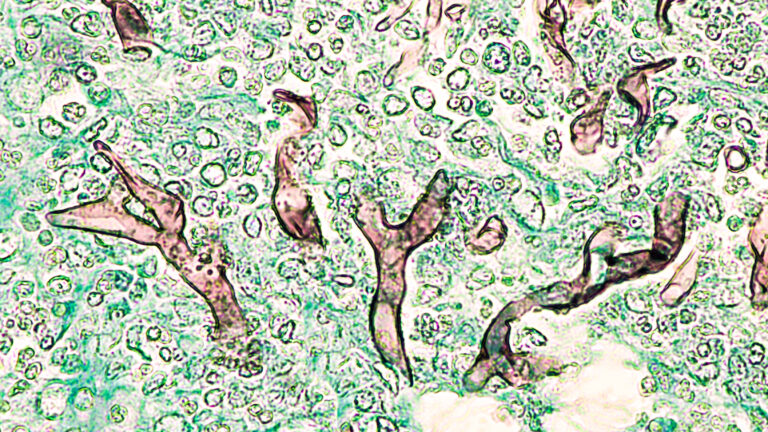what’s missing from most nutrition education
Posted by Andrea Nakayama

During a recent Live Q&A with a group of new Full Body Systems students, I was asked a great question that really got me thinking.
The question was: Where’s the nutrition in Full Body Systems?
At first I was baffled by the question, because from my lens, the entire program is about nutrition! When we look at the journey of our food through our (full) body systems and how the food interacts with our biological being, it’s nutrition. But then I realized that most people have only a partial understanding of what nutrition really is.
It’s my mission to empower practitioners like you by revealing the truth about nutrition, and this question is a perfect place to start!
Yes, nutrition is about using food as medicine to guide people out of suffering.
Yes, nutrition is about suggesting certain foods and supplements to your clients (and removing others) so that they can overcome deficiencies and find resolution to their issues.
And yet, if that’s all you’re doing, I’m afraid you’re missing the most important piece—physiology.
Yes, physiology. Not labs, not IV nutrient drips, not superfood supplements or the hottest new dietary theory. Physiology.
What is Physiology?
Physiology is a subset of biology. It looks at the normal actions and functions of the body’s anatomy, organs, tissues and cells and how they all interact with one another.
Why is physiology so important when considering dietary recommendations?
Because when we use physiology to understand how the body should work, we are better able to target our comprehension of an individual’s needs for specific nutrition, movement, and repair.
Did you catch that?
It’s less about matching a symptom or diagnosis to a remedy or protocol. It’s more about understanding the difference between what should be happening in your client’s body (ie. how it’s supposed to be functioning) and what’s actually happening in her body.
When you can clearly see that gap—both where the symptoms are manifesting and the upstream underlying root causes of those symptoms—then you’re truly able to use food as medicine. And your physiological understanding provides your biggest set of clues.
A Functional Foundation
Without the foundation of physiology, we run the risk of simply suppressing symptoms and missing our opportunity to help our clients get to the heart of what’s causing their suffering. Unfortunately, we also bypass the most obvious form of scientific evidence.
And that’s just not Functional, in any sense of the word!
This is why we focus on physiology in Functional Nutrition Lab’s Full Body Systems.
Your takeaway? Remember to slow down, resist the temptation to race for a cure, and take a good look at what’s going on in the body of the person you want to help.
Related Blog Posts
Why remedies rarely match symptoms
Busting myths about root cause resolution
What can an MD learn from me?
Full Body Systems Grad Spotlight – Amber Robertson
EXPERIENCE A FREE TRAINING SERIES WITH ANDREA NAKAYAMA TO HELP YOU
Begin practicing functionally today!
MORE TO EXPLORE
You Might Also Like
Maya Simand: Cancer Survivor to Holistic Cancer Coach
Holistic cancer coach Maya Simand shares her inspiring journey to healing. Discover how Functional Nutrition education empowered her to overcome breast cancer and help others find hope through integrative approaches.
Read MoreEstrogen dominance and breast cancer prevention: A Functional Nutrition approach
Estrogen dominance is a key factor in ER+ breast cancer. This Functional Nutrition guide explores how estrogen dominance increases risk and provides practical strategies to balance hormones and support overall health.
Read MoreThe 3 Roots, Many Branches: A Functional Framework for Clinical Success
As practitioners or aspiring nutrition counselors, we’re all familiar with the frustration of watching people struggle with chronic illness, cycling through symptoms and diagnoses without resolution.
Read MorePutting Patients First with Patient-Centered Care
I recently read an account written by a primary care doctor (PCP) describing a patient who had been passed from one specialist to another—each one focusing on ordering tests, prescribing medications, and ultimately sending her off with more questions than answers. No one paused to truly listen to the patient’s story. No one asked about […]
Read More